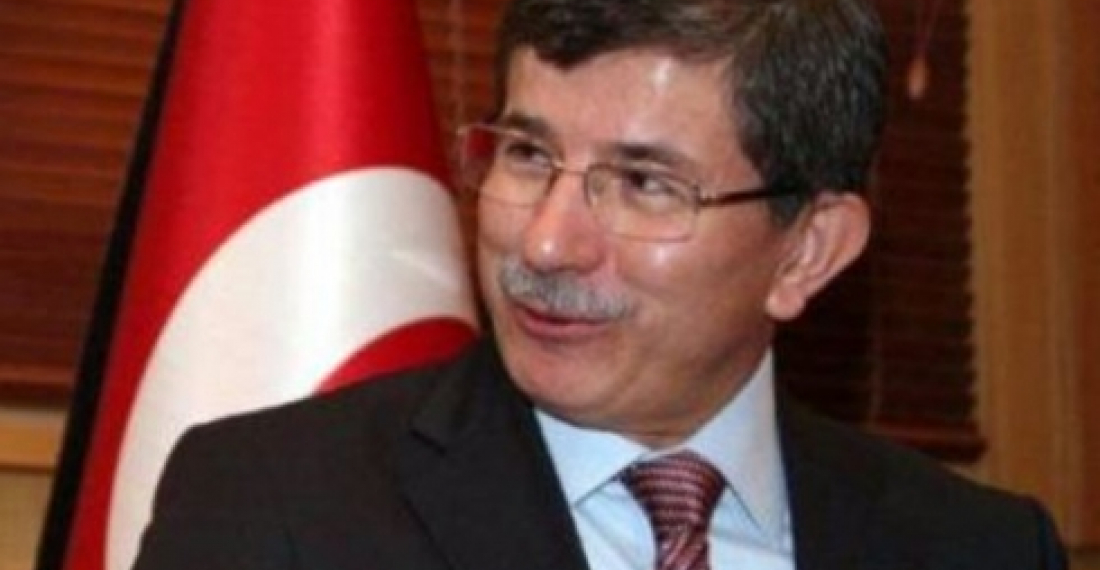"Turkey has always been close to fraternal Azerbaijan. Turkey is very pleased with Azerbaijan's economic development and with the diplomatic successes of Baku at the international level," stated Turkish Foreign Minister Ahmet Davitoglu this morning, prior to meeting with his Azerbaijani counterpart.
Davitoglu is in Baku to participate in a meeting of the Organisation of the Islamic Conference (OIC) which is focusing on the situation of Jerusalem and on aid to the Palestinian people.
"This visit allowed me to reaffirm the existence of strategic ties between Baku and Ankara. I will meet President Ilham Aliyev to discuss the issues of preparation for the meeting of the Azerbaijan-Turkey Strategic Cooperation Council planned for the second half of the year.
We will also discuss the coordination of efforts towards a settlement of the Nagorno-Karabakh conflict, in particular the liberation of the occupied territories of Azerbaijan," he noted.
"Possible steps that can be taken in this direction will be considered," he stressed.
source: commonspace.eu with news.az







